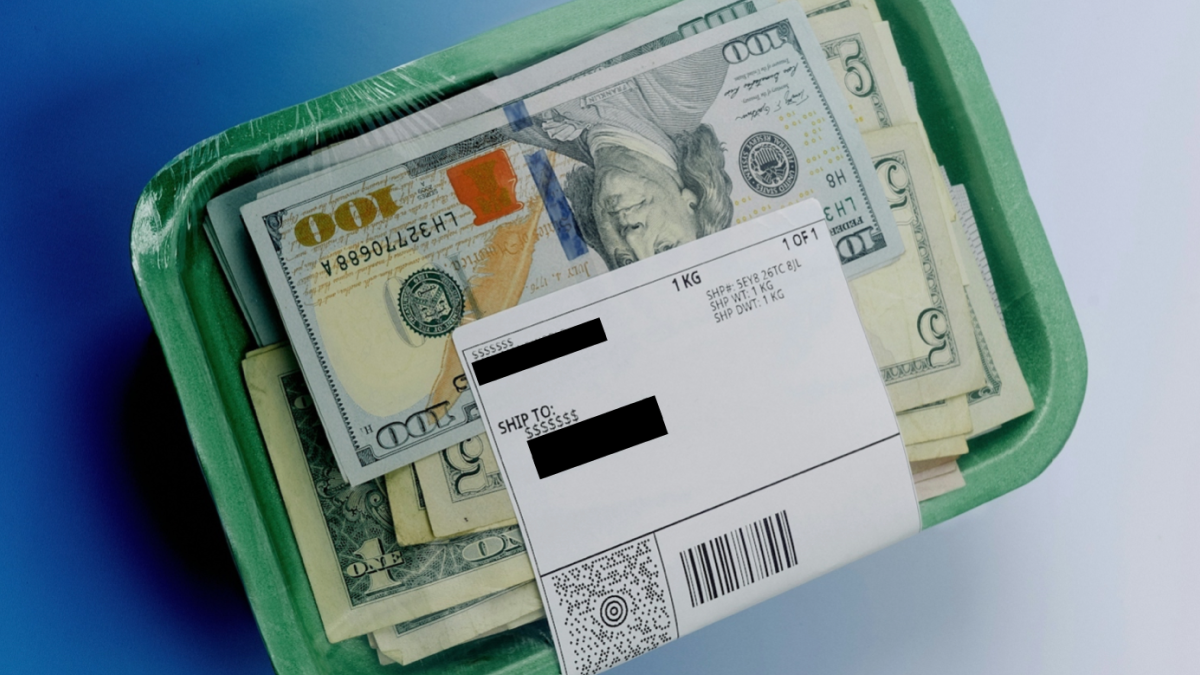Government Doesn't Want Storm Talking About Privacy, Kidnappings
The defense asked the Jury how they would feel if someone published their bank accounts on the Internet. The Government isn't happy.
Update: The court has ruled that Storm will be allowed to provide testimony to the use of privacy services and cryptocurrency-related kidnappings speaking to his state of mind while developing Tornado Cash.
In yesterday's proceedings against Tornado Cash developer Roman Storm, the defense opened with a thoughtful question to the jury: "How would you feel if someone took your bank account and published it on the internet and everyone could see it?"
With all of their transactions out in the public, anyone could find out where they shopped, what they liked to eat, possibly even where their kids went to school, the defense described. "Would you feel safe?" The Government objected, but Judge Failla ultimately allowed the defense's line of reasoning to continue.
Now the Government has filed a motion attempting to stop the defense from mentioning the legitimate use of privacy services, including the use of Tornado Cash to protect large cryptocurrency holders from kidnappings.

Catch up on both parties arguments in yesterday's proceedings
Prosecution in a Jumble
In pretrial proceedings, the parties agreed that the defense would not testify that Storm's conduct was protected by free speech or the right to privacy, limiting testimony to evidence speaking to Storm's state of mind while developing Tornado Cash. Apparently, the Government took this as Storm being barred from mentioning the use of privacy at all.
"During his opening statement, Storm argued about privacy rights, and speculated about why jurors would personally want to be able to conceal their identities through a mixer like Tornado Cash, inviting the jury to nullify based on concepts of privacy rights and/or their own personal privacy concerns, rather than render a fair and impartial verdict based on the evidence," the Government writes in their motion.
Addressing the jurors, the defense had explained that Ethereum is a public blockchain, and that anyone may see anyone's net worth and payments, asking the jury to imagine what it would be like for an employer if all employees of a company knew what others were getting paid, or for an employee to have their employer know exactly what he spends his money on, bringing up slides of hypothetical transactions between an employer and their staff.
"It is now necessary to preclude evidence and arguments based on privacy rights," the Government argues today, because any testimony on the legitimate use of privacy services like Tornado Cash would be "irrelevant and inflammatory, and would invite impermissible discussions of privacy rights and/or nullification that Storm previously foreswore."
No Green Light For Green?
The Government is particularly concerned with testimony to be brought by ZCash co-creator and professor at Johns Hopkins University Matthew Green, who is expected to bring up the many cryptocurrency-related kidnappings, extortion, and physical attacks that have increasingly plagued the cryptocurrency space when prices rise.
Logically, it can be argued that such attacks are a direct result of a lack of financial privacy in cryptocurrencies, just as the defense argued: When everyone knows how much money you have, where you spend it, and what you spend it on, it's easy to walk around with a target on your back. Privacy tools, like Tornado Cash, can help prevent such events from happening. But the Government holds that irrelevant to the charges.

CASA co-founder and privacy advocate Jameson Lopp keeps a list of physical attacks on cryptocurrency holders dating back to 2014.
Acknowledging that the court allowed the defense to testify to privacy features that prove that Storm may not have had ill intentions when developing Tornado Cash, it says that protecting people from kidnappings would be going one too far.
"Storm has apparently interpreted that ruling as permitting Green to testify broadly about some unspecified number of criminal incidents, without any connection to this case and without any apparent evidentiary basis to suggest that such incidents bear on Storm’s state of mind or that he was even aware of them," the Government writes, asking the court that if such testimony was admitted, Storm should at least provide the dates on which they occurred, and how they relate to Storm's state of mind during the charged time period.
The irony of the Government arguing that the defense is attempting to tie Storm to events that he was not involved in should not be lost. Yesterday, the prosecution presented its first witness who got scammed on WhatsApp by a stranger – an incident in which storm played no apparent part.
Independent journalism does not finance itself. If you enjoyed this article, please consider making a donation. If you would like to note a correction to this article, please email corrections@therage.co









